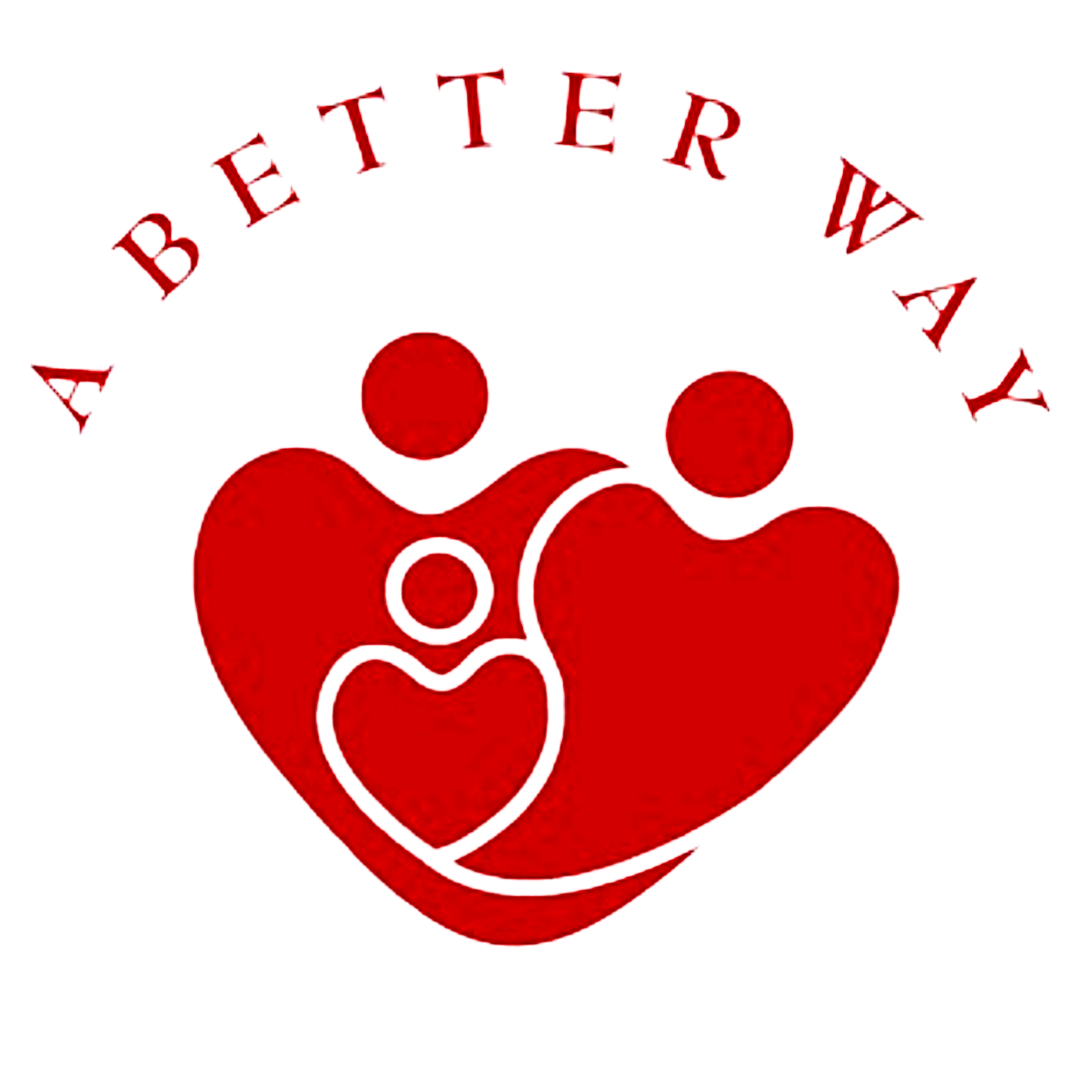Tools for Client Care: Developing Clinical Empathy for Caregivers & Parents
Written By: Patrick Schirmer
Perhaps, one of the hardest aspects of this work is connecting and empathizing with the parents and caregivers I work with. As with so many of us, connecting with the kids I work with comes second nature to me. Most days it’s easier than breathing. That feeling of connection to children reminds me of my favorite parts of myself. However, really connecting to a caregiver or family member often takes a real conscious effort on my part.
When I first began this work, I often would skip over this. I’d often think something along the lines of, “My client is the child, I don’t really have to connect to the families.” Or, “I work in schools with kids, and parents almost never come in so why even try to connect to them?” It’s an insidious line of thinking largely because it’s certainly a lot easier to stay grounded in that line of thinking than to challenge it and work with difficult caregivers. However, it became more and more apparent how essential it was to work with parents the longer I did the work. Gains we made in session or at school would quickly be lost in the instability and struggles clients would return home to.
This lesson struck home for me after finishing my first school year with my clients. I remember the look on my client’s face when he realized he had to go home to his unstable family system for a whole summer and somehow had to find ways to meet with me over the summer in the midst of that. At the end of the day, we are always only going to be a very small part of a client’s life. Hopefully, we will be a powerful part of our client’s life as well. However, a child’s relationship to their parents is something that will affect them for the rest of their life. If we have any small chance of shifting that relationship in any way, I believe it is imperative that we attempt to help heal and grow this relationship.
Here are some tools I’ve found helpful in building empathy with the caregivers and parents I work with:
1. Remember that the caregivers we work with are often just adult versions of the children we work with.
We spend so much time in our field contemplating generational trauma and how this generational trauma impacts the children we work with. However, this trauma also lives on in the parents and caregivers we are working with! And they often have more of their brains developed and more ability to heal this trauma in the family system than anyone. So frequently the caregivers we work with had no therapy or other supportive figure in their lives who helped them process and work through the generational trauma they were holding as children and thus they still carry this with them into this moment.
One of the most important and transformative conversations you can have with a parent is exploring how they were raised. It becomes a beautiful opportunity to build empathy for them as well as a chance to begin to connect patterns we see in our client with the parent. Just this conversation alone will often begin to open the parent’s heart, to seeing how the very things that frustrate them the most about the child happened in their childhood in a slightly different way.
2.Learning to see the person and pain behind the behaviors.
Just as we spend time learning how to see the pain and deeper needs behind the behaviors of the children we work with, so too must we learn how to do this with the parents we work with. When a step father expresses feeling like your client is never able to follow directions and is always manipulating to get what she wants, can we ask ourselves “what is the step-father trying to express with this?” “What feelings is the step-father feeling in this moment as he expresses this?”
One of my family therapy teachers once assigned me to find the parent or caregiver who it was toughest to connect with and spend a whole session just connecting and empathizing with this caregiver. When the stressed mother begins to berate her son again for staying out late with his friends, I would challenge myself to say to the mother, “Wow. I really hear that you’re trying all you can to help your son stay on track and it’s overwhelming!”
So often this connection building activity will immediately drop the energy in the room and open up the space towards more love and connection. It can provide this caregiver some much needed empathy so that she can better use empathy to connect to her son in a real way.
3.Reminding ourselves that the parents are a literal and embedded part of our clients.
When working with family members they are a literal part of our clients. They are the most powerful resources we have in understanding and healing our clients because they literally make up our client’s day to day life as well as their biological make up. Even when there might be a parent who the child expresses hate towards (and the parent might have engaged in some real harmful behaviors) it’s so very important that we remind ourselves that this parent is still a basic part of this child. That hate the child might be expressing is also an internalized hatred because that parent is a literal part of them. So when we join with that hate we are often just joining the child in a place of self-hatred. It’s still super important to validate and acknowledge the realness of our client’s feelings but we have to ask ourselves what would it be like to so strongly hate someone who makes up so much a part of yourself? How can I open my client to exploring all of these complex feelings they have about their parents? Our first step towards helping our client explore these feelings is being open to seeing this parent in an open and non judgmental way ourselves.
4.Parents and caregivers are the most powerful resource we have in helping our clients heal
When I first began doing family therapy, my colleagues and I used to say that parents are “the medicine.” That no matter what kind of pain or anguish our clients expressed that the parents were the ones who could most heal this pain. Of course, one parent astutely pointed out that this also meant that she was the poison. That she was most likely to be the one causing the client pain. It can be difficult for a parent to really open up to how much influence they have on their children, however when a parent can really open up to this truth they can then begin to really use love to heal the wounds in their children.
The better we can understand and connect with the parents and caregivers we work with the stronger our work we will be. Some truths and moments of love truly do resonate out into a lifetime and can profoundly change our clients. There are so many moments with my own parents that stick with me and keep me strong in tough times, moments of love and care that meant the world to me. If we can facilitate even one small moment of connection and care like this with the families we work with, who knows how powerful of an effect it could have? It’s the love and care we all want on a very deep and basic level and most of the time it’s just waiting for a chance to come out and flow between the parent and the child. All we have to do is remind them that it’s there.

